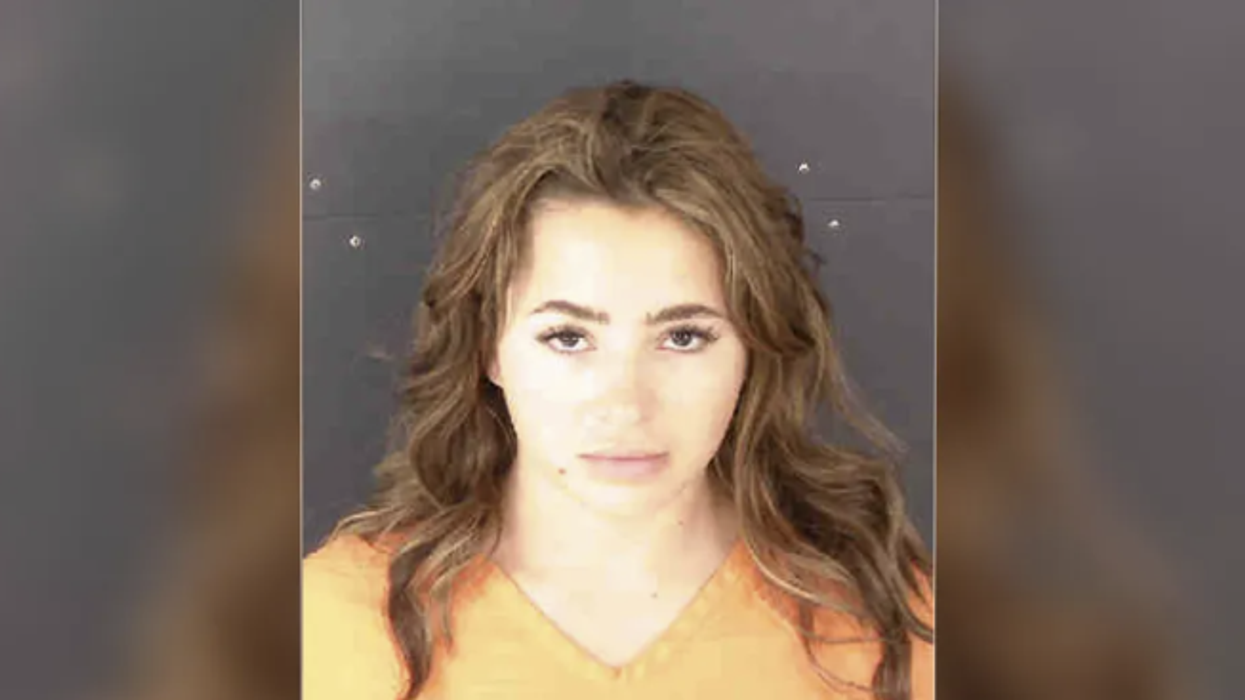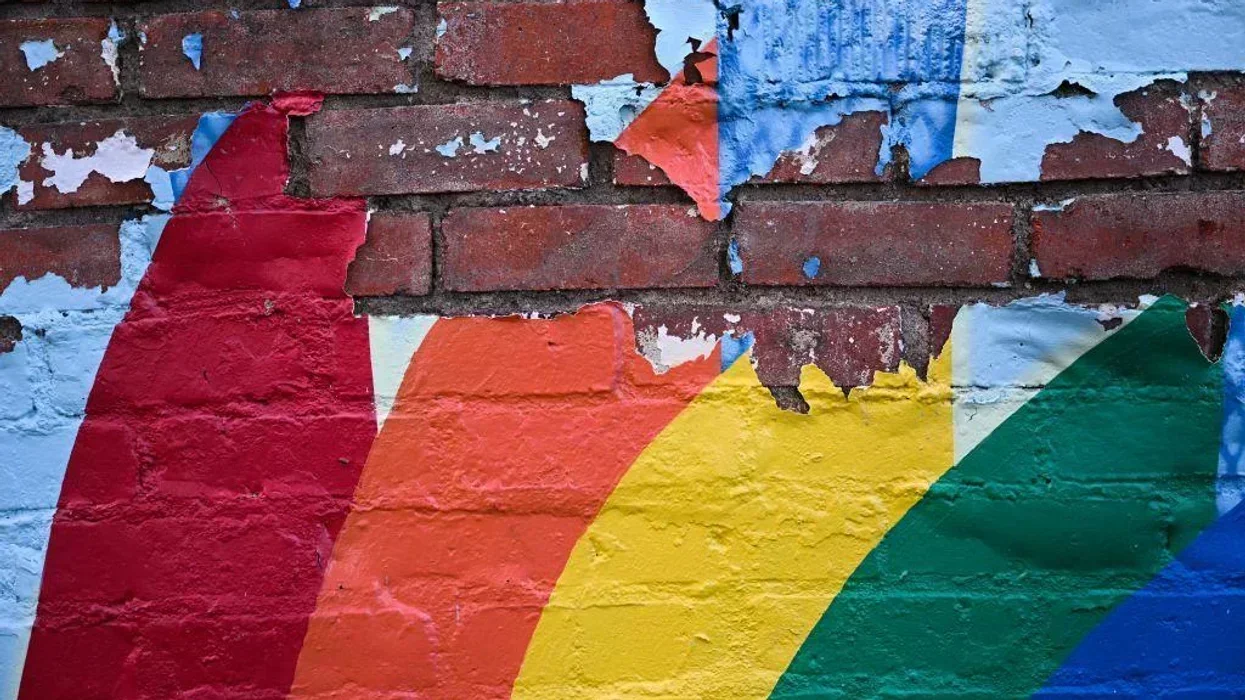
© 2025 Blaze Media LLC. All rights reserved.
"...this is probably why I need a shot of espresso..."
When do you drink your coffee?
 You may not be drinking your coffee at the most effective time. (Image source: Shutterstock)
You may not be drinking your coffee at the most effective time. (Image source: Shutterstock)
Do you have the machine programmed the night before so the first thing you do upon waking is bring a steaming cup to your lips? Do you buy a grande and sip on your commute? Or do you chug once in the office?
It turns out there is actually an optimum time to imbibe caffeinated beverages to reap the most pick-me-up benefits.
Steve Miller, a neuroscientist and Ph.D. candidate studying with Uniformed Services University of the Health Sciences, wrote an informative post about the best time to drink coffee -- from a scientific perspective -- on his blog.
The short answer is between 9:30 a.m. and 11:30 a.m.
The long answer starts with a long word: Chronopharmacology.
Chronopharmacology is the study of the interaction of biological rhythms with medication. In this case, the rhythm would be your circadian clock, which controls sleep-wake cycles, hormone release, body temperature and other functions.
Based on research regarding the circadian rhythm of cortisol production, a stress hormone that increases sugar in the blood stream, drinking coffee first thing is probably not the best idea.
In the early morning soon after waking, Miller wrote that cortisol is at a high, meaning we should have a strong level of alertness -- naturally.
"Drug tolerance is an important subject, especially in the case of caffeine since most of us overuse this drug," Miller wrote. "Therefore, if we are drinking caffeine at a time when your cortisol concentration in the blood is at its peak, you probably should not be drinking it."
If if we're drinking coffee when we don't really need it, Miller wrote, it's likely why coffee drinkers might find they increasingly crave a stronger dose.
"...this is probably why I need a shot of espresso in mine now," he said.
The most effective time to drink coffee is between 9:30 a.m. and 11:30 a.m., after cortisol levels drop, but before another spike that comes between noon and 1 p.m. Cortisol levels spike again in the early evening between 5:30 p.m. and 6:30 p.m., in case you're wondering.
If one were to start practicing late-morning coffee drinking, Miller recalled a tip given by a professor suggesting people head to work without wearing sunglasses, because light is one of the strongest factors helping influence our circadian rhythm.
"This would allow for stronger signals to be sent along the retinohypothalamic tract to stimulate the SCN (suprachiasmatic nucleus) and increase your morning cortisol production at a faster rate," Miller wrote.
"I still tend to drive with them on since I feel blinded by the sun in the morning. However, on mornings when it is partially cloudy out and I did not get a lot of sleep, I drive with them off because this will help me feel more alert than if I was shielding what little sunlight was available," he said.
All this information aside, it doesn't take into account the psychological benefit of comfort coffee drinking.
(H/T: Popular Science)
--
Featured image via Shutterstock
[related]
Want to leave a tip?
We answer to you. Help keep our content free of advertisers and big tech censorship by leaving a tip today.
Want to join the conversation?
Already a subscriber?
more stories
Sign up for the Blaze newsletter
By signing up, you agree to our Privacy Policy and Terms of Use, and agree to receive content that may sometimes include advertisements. You may opt out at any time.
© 2025 Blaze Media LLC. All rights reserved.
Get the stories that matter most delivered directly to your inbox.
By signing up, you agree to our Privacy Policy and Terms of Use, and agree to receive content that may sometimes include advertisements. You may opt out at any time.


